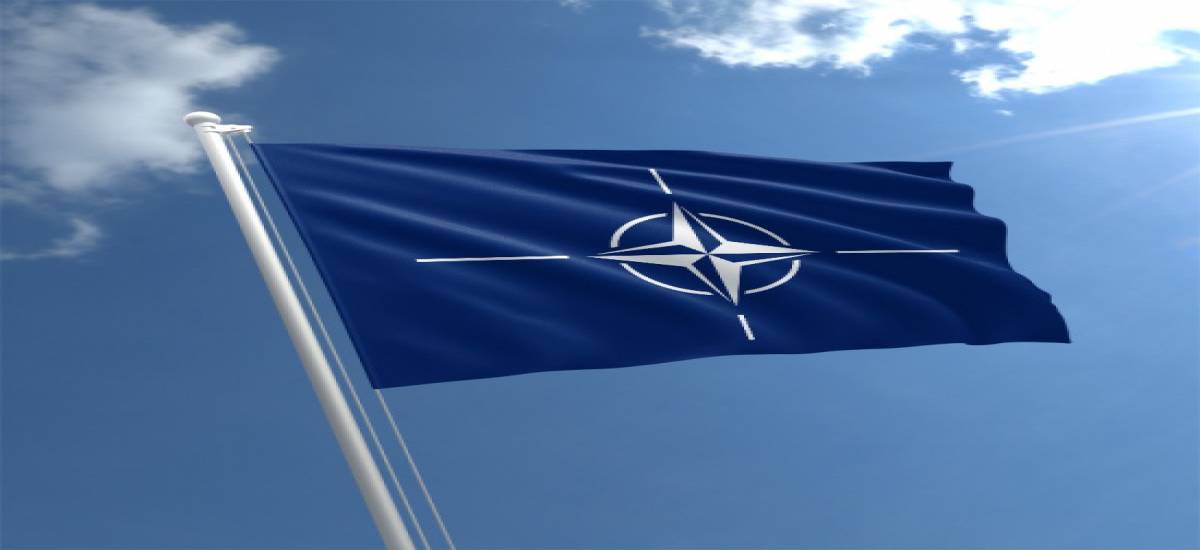1481 Views
The End of NATO? Inside the Explosive Summit That Could Split the West
The June 2025 NATO summit in The Hague has become a turning point in transatlantic relations, highlighting the profound impact of Trump’s transactional approach on international alliances. Rather than strengthening NATO’s unity, this gathering appears to have exposed deep fissures within the organization, raising serious questions about its future survival and effectiveness.
The stark contrast between the Biden administration’s strategic vision and Trump’s transactional view of NATO has fueled tensions within the alliance. Trump’s cost-benefit assessment of NATO challenges its core principles of "collective defense" and "shared values." In reality, the new U.S. administration prioritizes domestic job growth and economic prosperity over European security.
Beyond financial concerns, the erosion of trust is a critical issue—Europe no longer fully believes in America’s unwavering support, leading to growing divisions within NATO. European members, especially those with weaker economies, are exploring alternative security arrangements. After the U.S. pressured allies to meet a 5% defense spending target (up from the previous 2%), skepticism has deepened, as many nations already struggle to meet the lower benchmark.
Disagreements over Trump’s stance on Ukraine’s NATO membership have further strained the alliance. His outright rejection of Ukraine’s aspirations, coupled with suggestions that Europe should handle its own security challenges, has alarmed Eastern European members, who see Ukraine’s security as inseparable from their own.
While some European leaders, like Hungary’s Orbán and Italy’s Meloni, have maintained working relationships with Trump, these personal ties have failed to bridge the widening diplomatic rift. Instead, selective engagements highlight NATO’s growing fragmentation, as member states adopt divergent strategies to manage Trump’s demands. Trump, in turn, leverages bilateral deals to extract economic concessions, redefining security in purely transactional terms.
The financial repercussions of Trump’s approach extend beyond defense budgets. By treating security guarantees as bargaining chips, he has forced European nations to reassess military spending, potentially impacting other public sectors and economic development.
The broader strategic implications are equally concerning. Russia and China are closely monitoring NATO’s internal divisions, seeing opportunities to exploit the alliance’s weakening cohesion. A fractured transatlantic bond could allow Moscow and Beijing to reshape Europe’s security architecture and forge new alliances.
Operationally, uncertainty over U.S. commitments has complicated joint military exercises, intelligence-sharing, and strategic planning. These challenges weaken Europe’s defense capabilities, pushing it toward alternative coalitions. If the U.S. insists on disengaging from NATO, Europe must urgently prepare contingency plans to mitigate the risks of a security vacuum.
Ultimately, Trump’s financially driven strategy risks undermining decades of strategic cooperation and shared security infrastructure. His transactional view of international relations ignores the complex interdependencies that have sustained NATO for over 70 years.
As the alliance grapples with these challenges, it’s becoming increasingly clear that Trump’s approach to global security may backfire. Rather than bolstering American influence, it could accelerate the decline of U.S. leadership, fragmenting the international order into a volatile, multipolar landscape where Washington no longer plays a central role.
* Translated by Ashraf Hemmati from the original Persian article written by Amin Mahdavi

Comment
Post a comment for this article